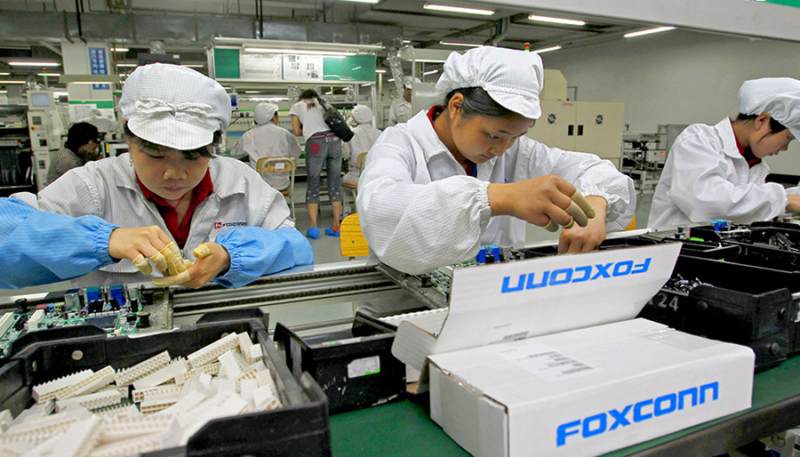A JP Morgan note to investors, shared by AppleInsider, says Apple’s Chinese iPhone factory slowdowns due to COVID-19 issues will impact shipments, but we won’t know the full impact until full production output returns.
Foxconn’s assembly plant in Zhengzhou, China has been dealing with the impact and tight government rules imposed by the Chinese government, due to the recent COVID outbreak in the area.
JP Morgan’s note to investors says it is difficult to determine how much the factory has been affected, “given limited public data points around the current utilization rate.”
Though the most impact on iPhone availability will be felt in the holiday quarter, “the full extent of the headwinds to production will only be clear once production is able to ramp back to normal levels and the factory returns to full utilization.”
Apple last week told consumers that it expects iPhone 14 Pro and iPhone 14 Pro Max shipments to be lower than had been expected due to temporary COVID-19 restrictions at the Zhengzhou, China Foxconn factory where the handsets are assembled.
In response, JPM is making its “first cut at quantifying the potential impact, but with still an optimistic expectation around flexibility to manage production of other iPhone models.”
Shipment estimates from JPM for the iPhone 14 Pro and Pro Max are now down 5 million in the December quarter, with other iPhones down 3 million in the same period.
The iPhone volume forecast for the March quarter will grow from 56 million to 61 million, under the expectation some of the unfulfilled demand of the December quarter will flow into the March quarter.
For the full year of 2023, JPM sees total iPhone volumes hitting 237 million, versus 239 million previously. This would represent a year-on-year decline of 4%.
JPM believes the December quarter will result in $121 billion in revenue and a $1.91 earnings per share, down from $128 billion and $2.14 respectively. This would be a decline of 3% year-on-year in revenue and 9% in earnings.
JPM is holding firm on its one-year price target of $200, and classes Apple as “Overweight.”


